Part 1 of 3 parts
This article will cover personal credit history, the 2nd article will cover Living within your means and part 3 will be How a Bank looks at your Professional Experience.
Purchasing a veterinary practice is one of the most important decisions you will make in your professional career and often unlocks the door to a considerable increase in compensation and personal freedom. Since most veterinarians rely on third party financing to purchase or to new diagnostics (equipment), it is imperative that you understand what is expected when you apply for a loan and how to position yourself for success when applying for practice financing.
Veterinary practices continue to thrive in these economic times. Specialized veterinary lenders have the knowledge and experience to recognize that the veterinary industry is fairly stable. The vast majority of people will always have a need for care for the pets despite flotations in the economy. While you can expect veterinary lenders to continue to aggressively pursue veterinary loan opportunities and offer competitive pricing, it is important to note that the credit crunch/mortgage meltdown influenced the lenders to tighten their credit standards and evaluate borrowers more closely in these 3 key areas: Personal Credit History, Personal Financial Condition, and Professional Experience.
Personal Credit History
When you apply for a loan it is often the first time you have been introduced to a veterinary lender. Due to the fact that the lender does not typically have a long term personal relationship with you, the industry standard is to rely on your personal credit history as the primary character reference. While it is ideal to maintain a credit score above 700, most lenders will fund transactions for borrowers with a credit rating of 650 or higher. If your credit score is below 700 be prepared to answer questions pertaining to delinquent accounts, high credit card balances, or any other factors that may have driven your score below this mark. In order to ensure that you maximize your credit rating and present yourself in the most favorable light, I encourage you to employ the following steps in managing your credit:
- Check your credit regularly (every 6 months).
- Correct any mistakes or instances of credit card fraud. If any mistakes or signs of credit card fraud appear on your credit report, immediately contact the credit grantor to dispute the charge or correct the discrepancy. You should also contact the credit reporting agency to notify them of the mistake and submit supporting documentation so that the correction can be made to your credit report.
- Pay your obligations in a timely manner. A delinquency will appear on your credit report if a payment to a credit grantor posts over 30 days past the due date. Lenders look poorly upon current or past delinquencies because this shows an unwillingness or inability to repay your obligations as promised. If delinquencies do appear on your credit report, be prepared to provide the lender with an explanation of each delinquency.
- Limit your use of revolving debt. Revolving debt includes all debt relating to credit cards, charge cards, or home equity lines of credit. This type of debt can substantially reduce your credit score and is looked at unfavorably by lenders. Once revolving accounts have been paid off or retired, do not close these accounts, as availability (not use) of revolving credit will boost your credit rating.
- Avoid declaring bankruptcy at all costs. Most lenders will not consider anyone who has declared bankruptcy within the past 7 to 10 years as a financing candidate.
Attending the TVMA meeting in Arlington? Please stop by our booth #405.
“If you have questions on this article or general questions, call me. I do not charge to answer questions”
Randy P. Carsch DVM
Give me the opportunity and I will EARN your business
Phone: 888-500-6711
Fax 1-866-860-6109
Cell: 469-867-3647

